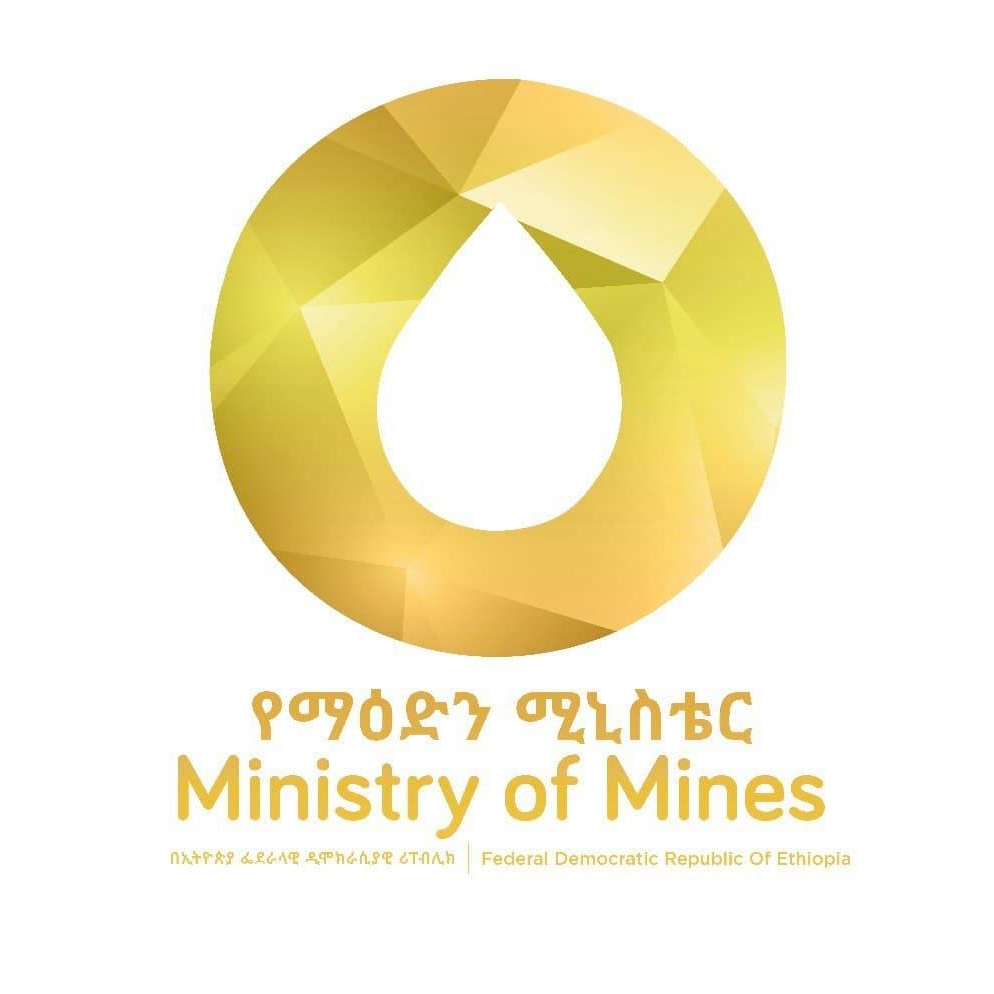There are other significant agencies investors in Ethiopia’s mining and petroleum sectors should know about and take into consideration.
The Geological Survey of Ethiopia
The Geological Survey of Ethiopia (GSE) is an autonomous institution, with accountability to the MoMP. It is responsible for carrying out basic geological mapping, mineral exploration and related geological activities. The GSE also provides services such as data dissemination, and drilling and laboratory analysis.
The GSE was stablished in 1968 as a department, becoming autonomous in 1982 as the Ethiopian Institute of Geological Survey (EIGS), before finally being established in its current form in 2000. The GSE is proud to have completed geological and hydro-geological mapping at a scale of 1:250000, for the entire country, and identified several targets for metallic, industrial, energy and construction minerals. This work provides the critical foundation for mineral exploration and mining development projects in Ethiopia. The GSE also plays a vital role in developing critical skills in the field of geo-science.
We invite you to visit the GSE’s Data Catalogue, where you can find the following information:
- High quality geological maps at 1: 2000000 scale (100% complete)
- Ground Gravity maps at 1: 500000 scale (100% complete)
- Geoscience and hydro-geology maps at 1:250000 scale (100% complete)
- Engineering geology and geohazard mapping at 1: 250000 (50.54% complete as of end 2019)
- Airborne geophysics maps (30% complete as of end 2019)
The Environment, Forest and Climate Change Commission
The Environment, Forest and Climate Change Commission (EFCCC), formerly the Environmental Protection Agency (EPA), is the Federal institution managing Ethiopia’s environment. It is an independent authority, acting outside the main ministerial structures and reporting directly to the Prime Minister.
The EFCCC has delegated to the MoMP the responsibility for environmental and social impact assessments review, monitoring and compliance for large-scale projects, and to regional bureaus for any projects that fall under the jurisdiction of regional states.
The initial Environmental Protection Agency was upgraded to the Ministry of Environment and Forest in 2013, before becoming the Environment, Forest and Climate Change Commission in 2015. The EFCCC in present form is designed to:
- Ensure that the environment objectives provided under the constitution and the basic principles set out in the environmental policy of Ethiopia are realized
- Establish a system for environmental impact assessment of public and private projects, as well as social and economic development policies, strategies, laws and programs
- Prepare a mechanism that promotes social, economic and environmental justice and channel the major part of any benefit derived thereof to the affected communities
- Reduce emissions of greenhouse gases
- Coordinate the building of a climate resilient green economy
- Establish a system for evaluating environmental impact assessments of investment projects submitted by their respective proponents, prior to granting permission in accordance with the Environmental Impact Assessment Proclamation
- Take part in the negotiations and ratification of international environmental agreements
- Establish an environmental information system
- Promote and provide formal and non-formal environmental education programmes
Ethiopian Mineral, Petroleum and Biofuel Corporation
Established in 2015, the Ethiopian Mineral, Petroleum and Biofuel Corporation (EMPBC) is a state-owned oil and mining company operating in Ethiopia. They may be required to take an equity stake in petroleum or mining projects. Its key objectives include, among other things:
- To ensure that Ethiopia benefits from its natural resources
- To build the local capacity of the mining and petroleum sector and assist companies engaged in the sector
- To invest in strategically important areas not addressed by the private sector
- To contribute to the national economy
- To engage in the investment, development and production of the mineral, petroleum and bio-fuel operations
- To invest in petroleum, mining and bio-fuel operations carried out by private sector investors
- To provide services and training to the mining and petroleum sector
The Ethiopian Investment Commission
The Ethiopian Investment Commission (EIC) is an autonomous government institution accountable to the country’s Investment Board, which is chaired by the Prime Minister. A Commissioner, who is also member of the Board, heads the EIC.
The main services provided by EIC include:
- Promoting the country’s investment opportunities to foreign and domestic investors
- Issuing investment permits, business licenses and construction permits
- Notarizing memorandum and articles of association and amendments
- Issuing commercial registration certificates as well as renewals, amendments, replacements or cancellations
- Effecting registration of trade or firm name and amendment, as well as replacements or cancellations
- Issuing work permits, including renewals, replacements, suspensions or cancellations
- Grading first grade construction contractors
- Registering technology transfer agreements and export-oriented non-equity-based foreign enterprise collaborations with domestic investors
- Negotiating and, upon government approval, signing bilateral investment promotion and protection treaties with other countries
- Advising the government on policy measures needed to create an attractive investment climate for investors
In addition, the EIC provides the following free, confidential and customized services to investors:
- Providing information on sector-specific business opportunities, business incorporation procedures and related regulations, employment regulations
- Hand-holding and supporting the investor during the acquisition of land and utilities (water, electrical power and telecom services); the processing of loans and residence permit applications; the approval of environmental impact assessments studies for investment projects; and the issuance of a tax identification number (TIN)
